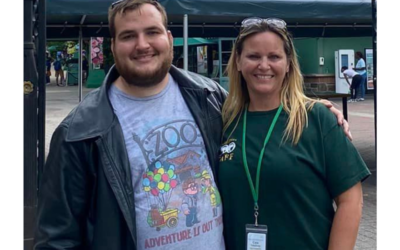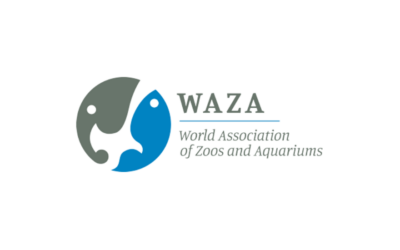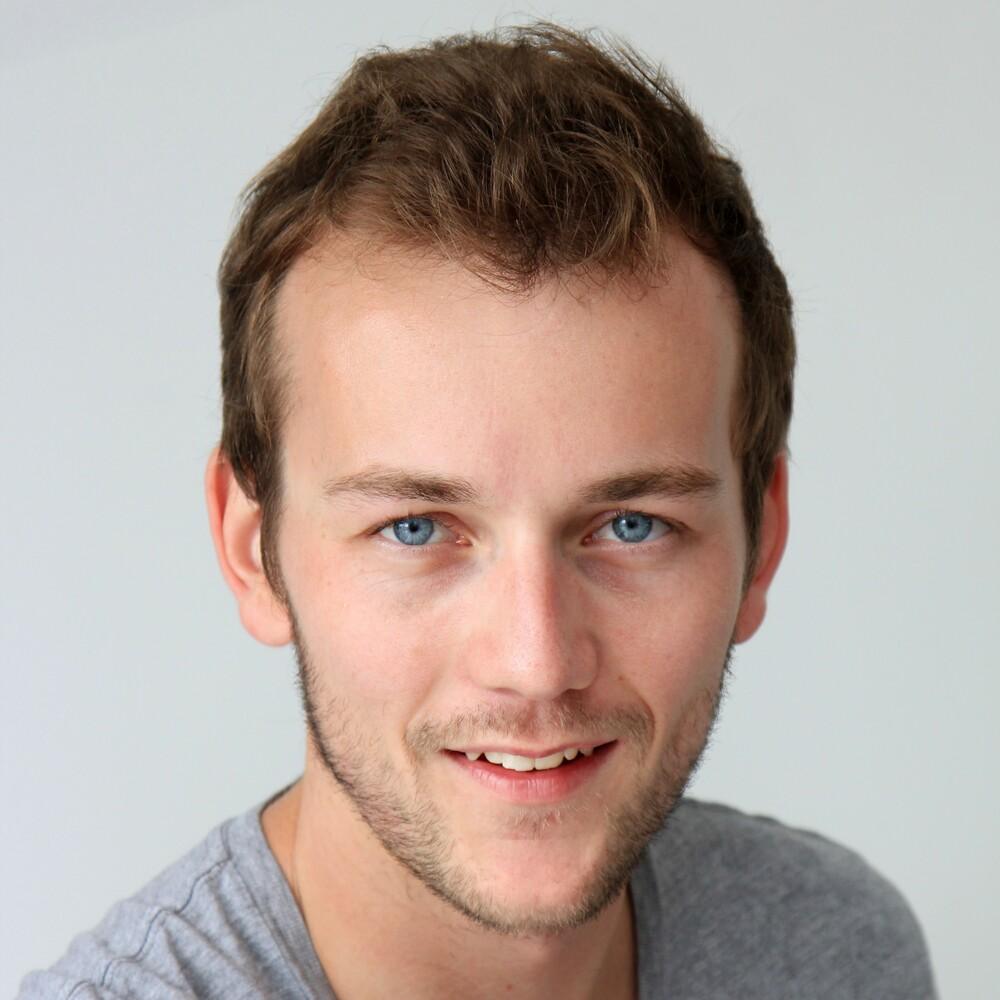By: Grayson Ponti, Canopy Strategic Partners Content Contributor
At mission-related organizations, we deal with the impact of mental health and neurodiversity all the time. The latest statistics from the National Institute of Mental Health Disorders estimate over 26% of adults suffer from a diagnosable mental disorder each year so inevitably we encounter them among our staff, guests, and community stakeholders. In zoos and aquariums, staff deal with the cycle of life and death daily and need to support coping with compassion fatigue. At all mission-related organizations, we deal with all the challenges that come with having passionate, dedicated, and talented staff who are going through a thousand different things in their heads and personal lives that aren’t always what they seem.
Unfortunately, as prevalent as these disorders are, they’re often overlooked as they aren’t always visible or obvious, plus the ever-present stigma related to mental health. In truth, that’s baffling, as the more accessible our institutions and the healthier our staff, the better we’re able to reach our audiences and achieve our missions. Rather than talking about mental disorders as something taboo or to be ashamed of, we should advocate taking care of one’s mental health and view it as essential as providing for the physical health of others.
Very early in my career, I decided to be open about my diagnoses: mild Asperger’s syndrome, anxiety, sensory integration, and ADHD. While others might not always understand those differences and treat me differently, I saw the potential for them to be a strength in my professional journey. Yes, I’m different and a bit quirky, but my diagnoses have given me superpowers — I work hard to understand others and their feelings, I question why things are the way they are, I thoroughly analyze and reflect on every situation around me, I see patterns and connections others might not, I dissect my interests and sink my knowledge together, I intensely throw myself into the things I am passionate about and am fiercely devoted to them, I am unable to not be true to myself, I talk nothing but the truth, I have fierce resilience and build relationships with nothing but genuineness behind them.
I was relieved when others began to see my candor about my quirks as a strength and began to ask for my perspective and expertise. At the young age of 24, I was appointed to the Diversity Committee of the Association of Zoos and Aquariums, first as an advisor and then as a member. When I started, the committee was just beginning to talk about the need to consider neurodiversity and mental health in the DEAI conversation and we soon included it in AZA’s diversity policy for the first time. I’m currently on the Advisory Board for Modeling Zoos and Aquariums as Inclusive Communities of Science (MoZAICS), a first-of-its-kind collaboration between AZA and Autism specialists to make zoos and aquariums more inclusive to those with Autism Spectrum Disorders (ASD) from both a guest and employment perspective.
The best way we can help people struggling with mental disorders is to recognize that our understanding of all people and their experience is never complete but try out best to be mindful of how we impact other people and be there to support them in whatever way we can. In MoZAICS, we’re having broad conversations about what an inclusive zoo or aquarium looks like and evaluating programs at different institutions so we can identify any barriers in the visitor experience or hiring process that might impact potential guests and employees with ASD. By intentionally being mindful of ASD and how it can impact people in our processes and procedures, we can find ways to use their superpowers to advance our missions forward.
I truly believe zoos, aquariums, botanic gardens, and other mission-related organizations have immense potential to use nature to help enrich the mental wellbeing of others and reach audiences who might have a harder time in more conventional education settings. By working to take down barriers, we can use the strengths of diverse perspectives to make our profession better and achieve our missions. Whether we realize it or not, mental health and hidden disorders impact individuals at every level of our organizations. Providing support to these individuals is directly tied to our relevance. By telling our staff to mind their head, breaking the stigma of talking about it, and serving people no matter how their brain is wired, we can strengthen our organizations and improve our work effort to better meet the needs of our community.
We encourage you to register for our upcoming webinar “Looking Back to Look Ahead: A Manager’s Perspective on Organizational Culture” on Thursday, December 15th at 12PM ET where we’ll discuss the relationship of mental health to organizational culture.
For more articles on mental health, please visit:





